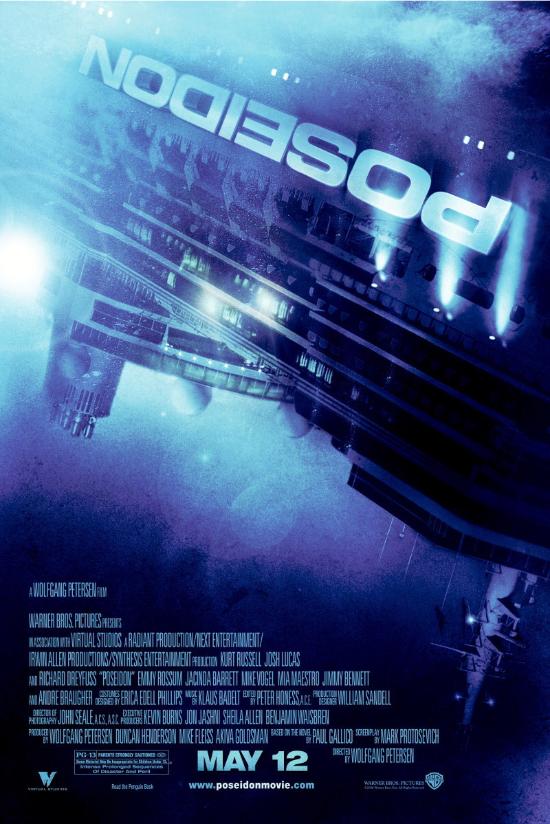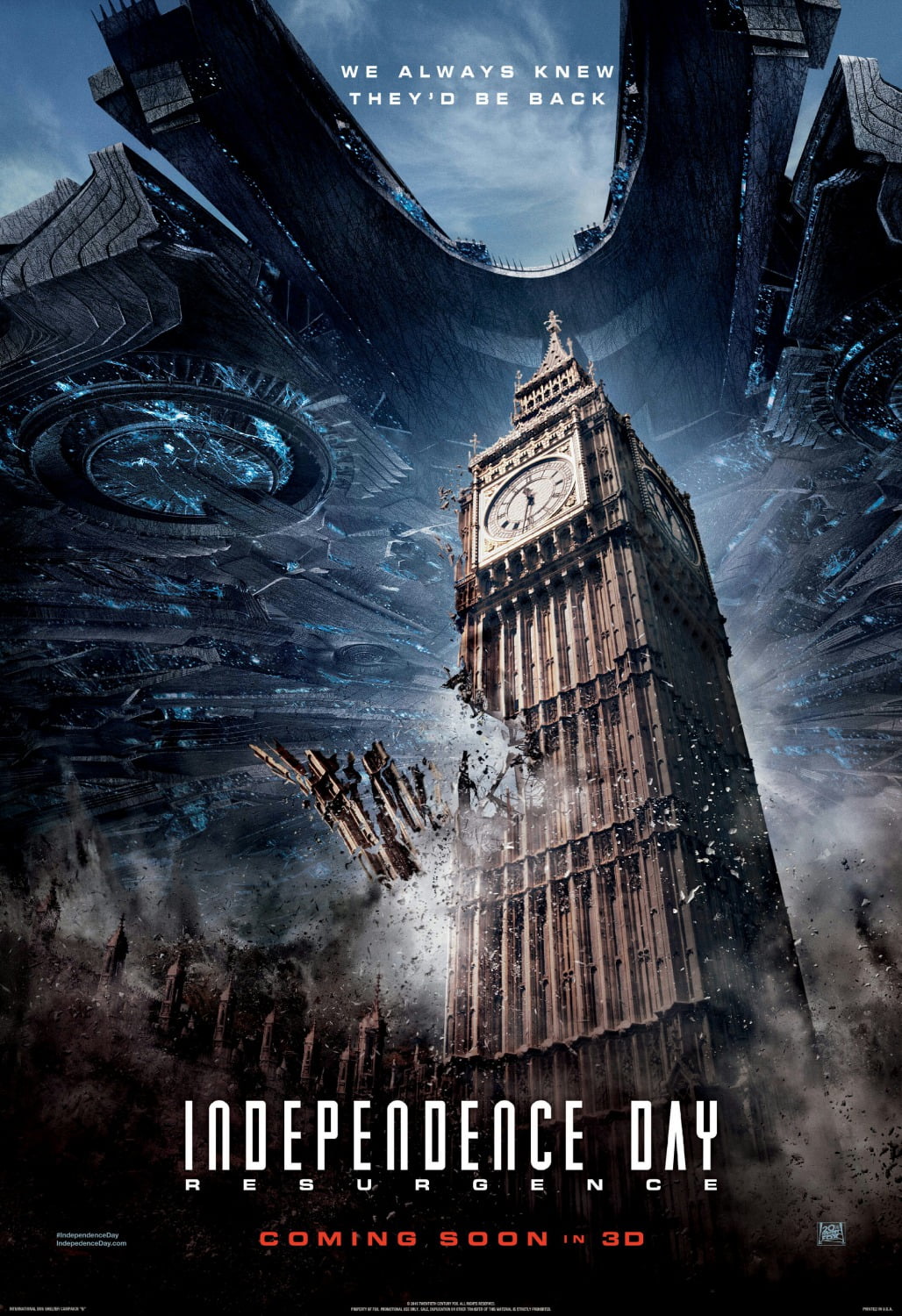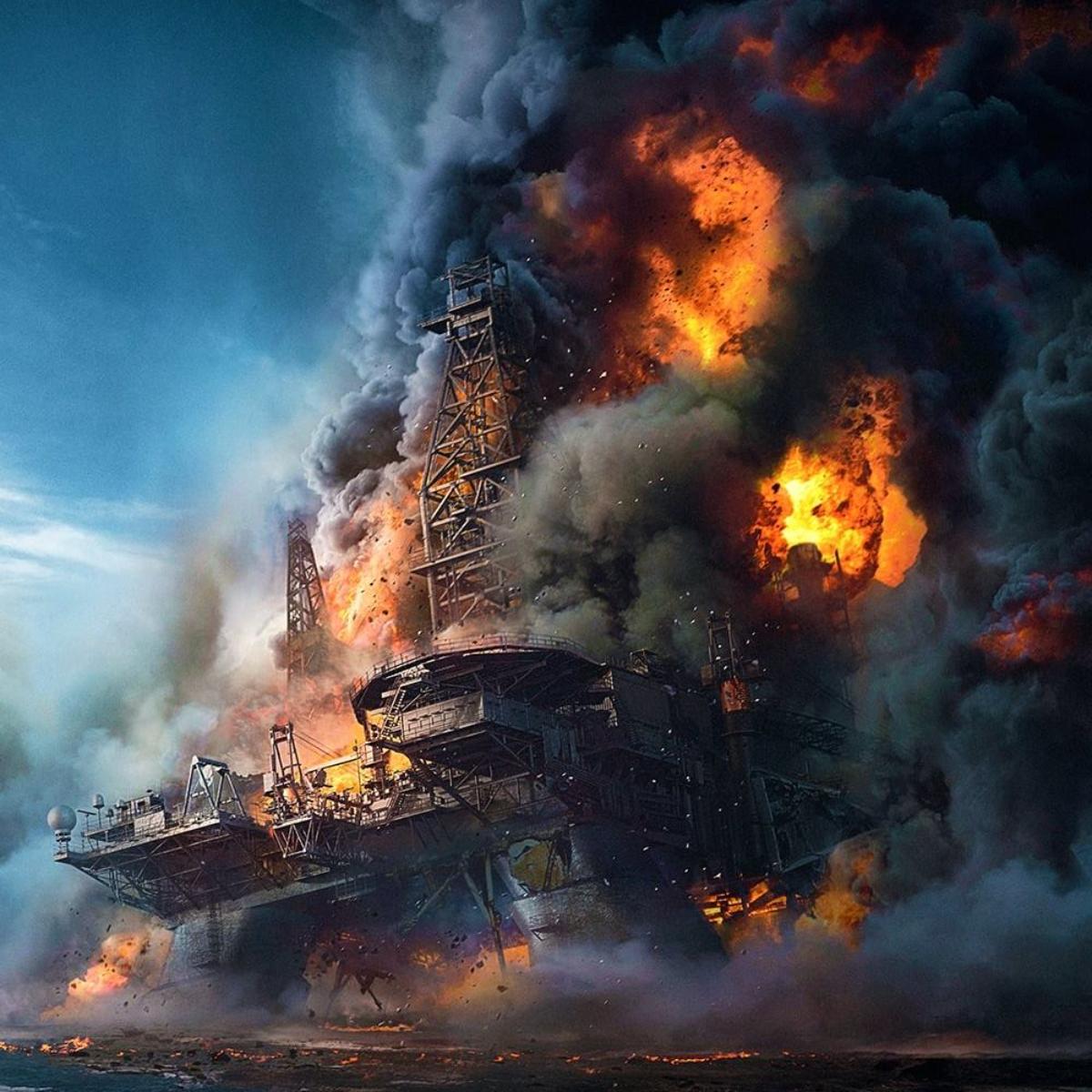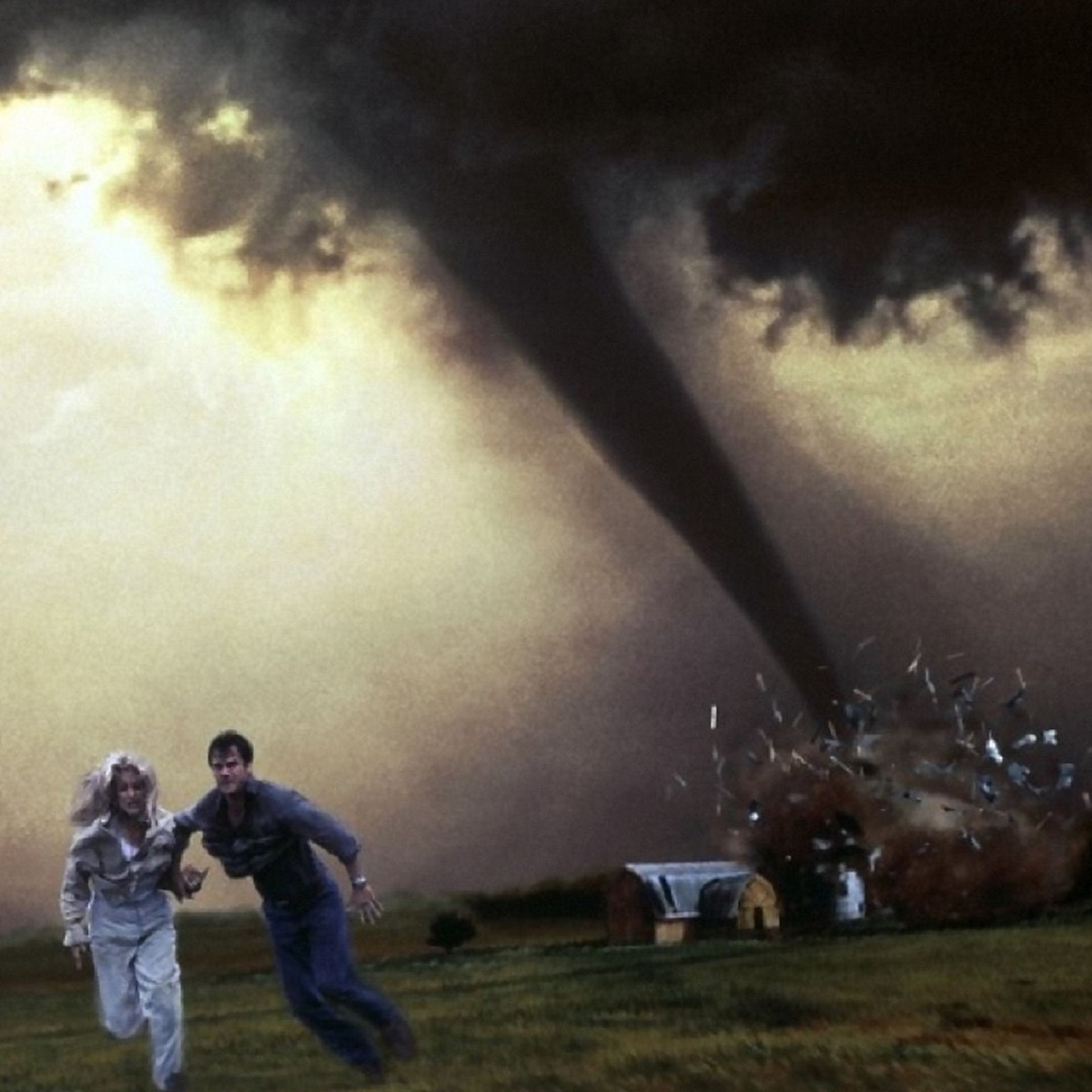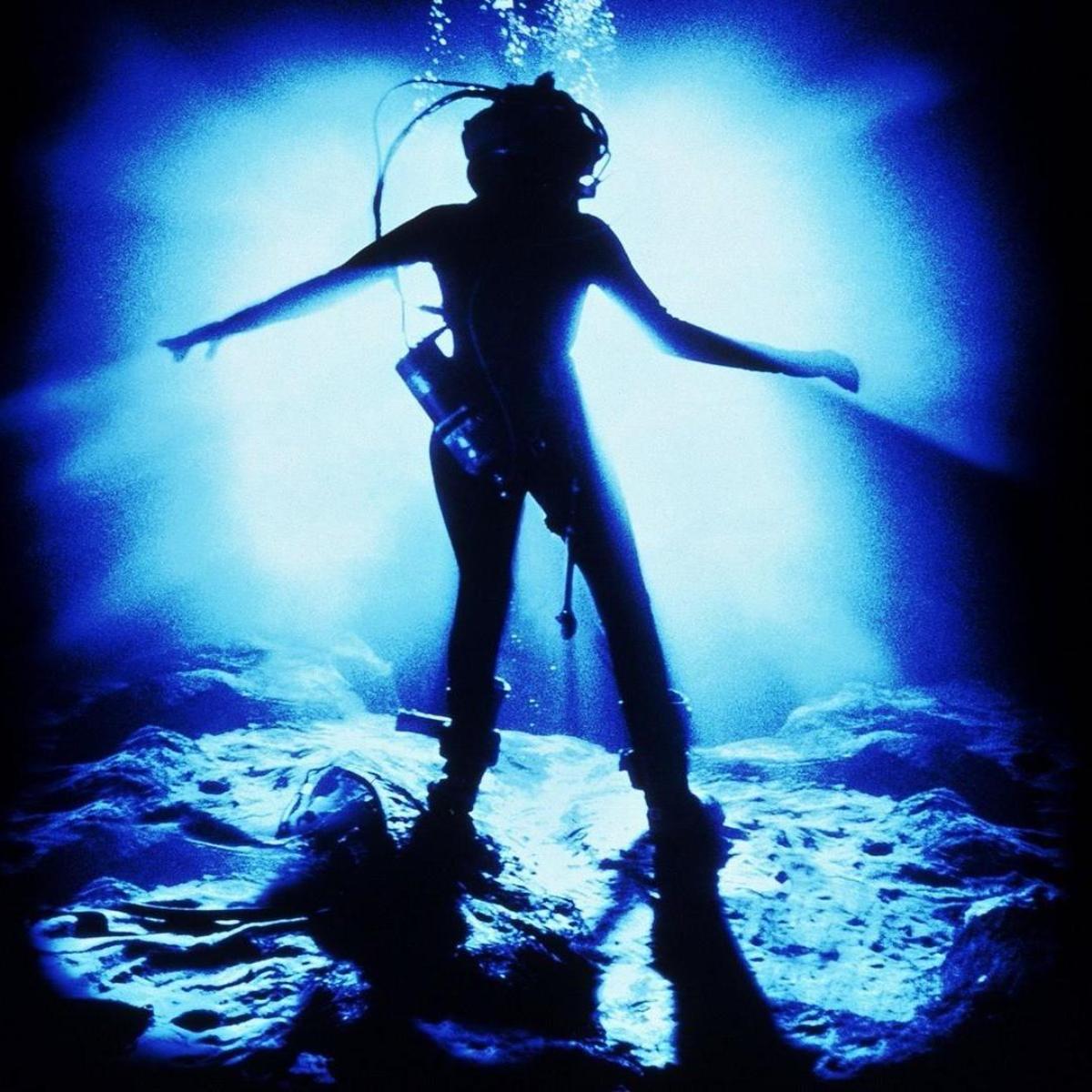Wolfgang Petersen’s disaster remake finds itself all at sea.
In 1972, Irwin Allen turned The Poseidon Adventure into a spectacle of scale and stars, a disaster movie that understood the pleasure of watching Hollywood’s most bankable faces sweat, drown and claw their way toward survival. By 2006, Wolfgang Petersen seemed to think the same alchemy would work if you stripped it of character work, flattened its melodrama into perfunctory beats, and replaced its old-school showmanship with a tidal wave of digital effects that swamp the movie more thoroughly than any rogue tsunami could have. The issue isn’t so much that Poseidon retraces the original’s steps, it’s that it does so with such joylessly dutiful inertia you could drown in the ennui before you ever get wet.
During a transatlantic voyage, the “luxury” ocean liner Poseidon is preparing to host a grand New Year’s Eve celebration. Amongst its passengers are former New York City mayor and firefighter Robert Ramsey (Kurt Russell), traveling with his daughter Jennifer (Emmy Rossum)and her boyfriend Christian (Mike Vogel); professional gambler Dylan Johns (Josh Lucas); single mother Maggie James (Jacinda Barrett) and her son Conor (Jimmy Bennett); architect Richard Nelson (Richard Dreyfuss); stowaway Elena Morales (Mia Maestro); nightclub singer Gloria (Stacy “Fergie” Ferguson); all hosted in the grand ballroom by Captain Michael Bradford (Andre Braugher). Almost immediately, the ship is struck by a rogue wave and capsized, setting a dilemma for the survivors: stay put and wait for rescue or climb up through the bowels of the ship and try to find a way out.
The film opens with a sweeping, CGI series of beauty passes over the ship which quickly establishes that – even by 2006 standards and certainly by today’s floating monuments to man’s hubris, the Poseidon is less a luxury liner and more an overnight ferry with delusions of grandeur. Petersen, who’s Air Force One had already demonstrated the director’s tolerance of poor effects shows the same lack of interest here with the swooping digital camerawork combining with the not-quite-right CGI to evoke the queasy feeling of seasickness and giving the audience an immersive if borderline emetic experience.
It’s not just in the shoddy CGI that the opening confuses. As we watch Josh Lucas job around the ship’s decks in the low sunlight, given the otherwise emptiness of the ship’s outdoor spaces you get the impression we’re seeing him on his morning jog at least that is until you make your final soupy orbit of the ship and enter through the window of the state room occupied by Kurt Russell and family to witness him pouring himself a generous bourbon. The breakfast of champions? Or a rare moment of breaking character as Russell reflects on the call he just made to his agent only to find out his contract is iron clad?
But no, it’s actually evening – New Year’s Eve to be precise – and after a perfunctory twenty minutes or so of character moments so leaden and functional it’s like a group reading their place cards at a last-minute murder mystery party. Where the original spent time establishing its ensemble – Gene Hackman’s firebrand preacher, Ernest Borgnine’s irascible cop, Shelley Winters’ indelible heart – this one offers rough sketches: Josh Lucas is a gambler with abs, Kurt Russell as a former mayor who might have been embroiled in scandal maybe and now mostly just frowns, Emmy Rossum as the wilful daughter, Richard Dreyfuss as a lonely man whose sexuality is mentioned once and then filed away under ‘job done’ just before the wave makes its grand entrance, archetypes stripped to their chassis, functional enough to shuffle along a drowning corridor but incapable of carrying the film’s dead weight.
Petersen trades in the slow ratcheting tension of Allen’s film for a quick slap of CGI chaos, one that lacks any sense of scale or weight which is curious given that Petersen’s Das Boot remains a masterclass in enclosed tension, but here he seems oddly uninterested in his own setting. The ship is reduced to a procession of interchangeable steel hallways and flooded stairwells, none of which ever feel convincingly part of a larger whole. The geography is abstract, the sense of danger perfunctory, the progression that of a video game. For a director who once made you feel every rivet of a U-boat groan under pressure, this is shockingly antiseptic. Even the capsizing itself – the defining event of the premise – is dispatched with the cynical efficiency of a trailer sizzle real, a single big effect sequence shorn of any dread or narrative rhythm.
And it’s once the ship is inverted that Poseidon’s relationship to its source sinks without a trace. The Poseidon Adventure didn’t simply topple a ship; it lingered in its aftermath, forcing its characters to claw through inverted kitchens, navigate precarious climbs, and reckon with their own failings. Petersen’s film treats these beats like items on a list. Flooded ballroom? Tick. Climbing elevator shaft? Tick. Self-sacrifice near the finale? Tick. But by sanding away the quirks and depths of character that once lent those scenes bite, Poseidon becomes an imitation of an imitation – a disaster movie Xerox that mistakes movement for momentum.
What lingers most is how anonymous it all feels. Disaster movies thrive on eccentricities – the unhinged preacher, the bickering couple, the unexpected heroism from unlikely places – yet Poseidon offers no such depth. It’s all surface competence, a glossy procession of drownings and narrow escapes that treat its cast of characters as milestone markers towards a conclusion that’s predictable even for a remake. By the time the survivors stagger into daylight, you realise how little you care who made it, or how.
Poseidon isn’t unwatchable; Petersen remains too capable a director to let it sink that far. But it’s a film so streamlined it cuts away precisely what makes disaster cinema endure: the heady cocktail of melodrama, absurdity, and genuine stakes. Stripped of its heart, replaced by slapdash CGI showmanship and efficient if uninspired action, it leaves only a hollow echo of its predecessors and in a genre that thrives on over the top excess, this sinks without a trace.
